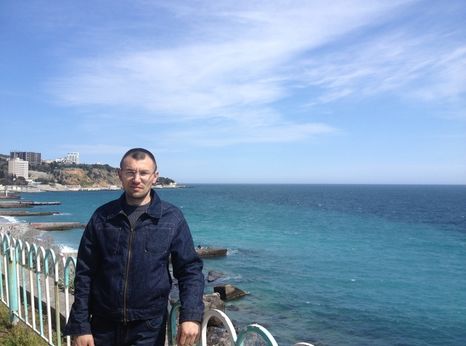Conviction of Crimeans must be quashed

Crimea came under Russian control following the events of February-March 2014, when Russia used its troops to occupy the peninsula and organised a “referendum” to justify the territory’s annexation in violation of international law.
Crimean Tatars are indigenous people of Crimea who prior to the occupation constituted an estimated 12 percent of the peninsula’s population. Many prominent members of the Crimean Tatar community have been among the most vocal critics of the Russian occupation, and the entire community has been regarded by the de facto authorities as disloyal and targeted with reprisals, alongside other critical voices. Independent media have been forced to shut down. Pro-Ukrainian activists have been prosecuted under trumped-up charges, like “extremism” or “terrorism”. Some activists went missing; evidence in some cases strongly suggests they were forcibly disappeared by the de facto authorities or paramilitaries acting as their proxies.
Emir-Usein Kuku has been one of the most prominent Crimean Tatar human rights defenders. He faced harassment on numerous occasions, and during his arrest was subjected to beating by officers of the Russian Federal Security Service (FSB). His wife and children have been subjected to threats too.
Emir-Usein Kuku was arrested on 11 February 2016 and charged with "organising activities of a terrorist organization" for his alleged association with Hizb ut Tahrir, an Islamic movement which is banned as a “terrorist” organization in Russia but is legal in Ukraine. Emir-Usein Kuku denies any involvement with Hizb ut-Tahrir. The charges against him and his co-defendants are based on covertly acquired, and allegedly tampered, recordings of conversations, testimonies of “secret witnesses” and testimonies of Russian law enforcement officers, which they denounce as false. When the investigation was completed in December 2017, Emir-Usein Kuku and his co-defendants were transferred from the Russian-occupied Crimea to the city of Rostov-on-Don (southwestern Russia), in violation of international humanitarian law. Their trial before a military court, also violated of their right to a fair trial.
Although the prosecution failed to present in court any credible evidence of the involvement of Emir-Usein Kuku Muslim Aliev, Vadim Siruk, Enver Bekirov, Arsen Dzhepparov and Refat Alimov in any internationally recognizable crime, the court convicted them of membership of a “terrorist” organization (Article 205.5 of the Criminal Code of the Russian Federation), and other crimes. Emir-Usein Kuku was also convicted of conspiring to seize power by violent means (Article 278 of the Criminal Code of the Russian Federation). Amnesty International representatives attended some of the court hearings in their case.